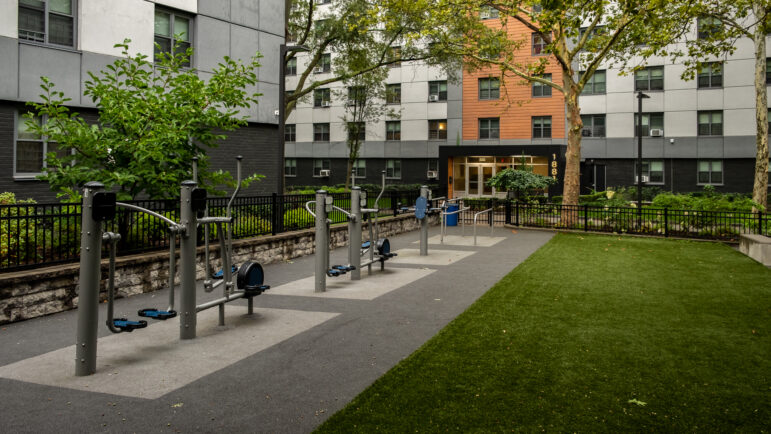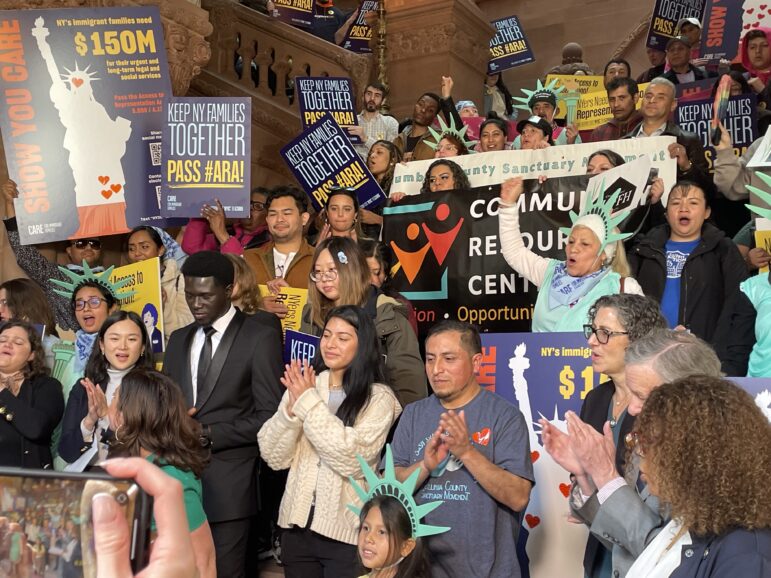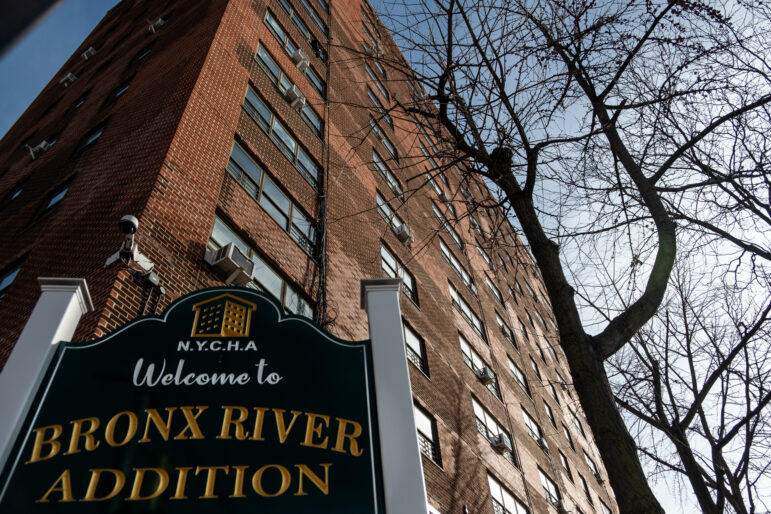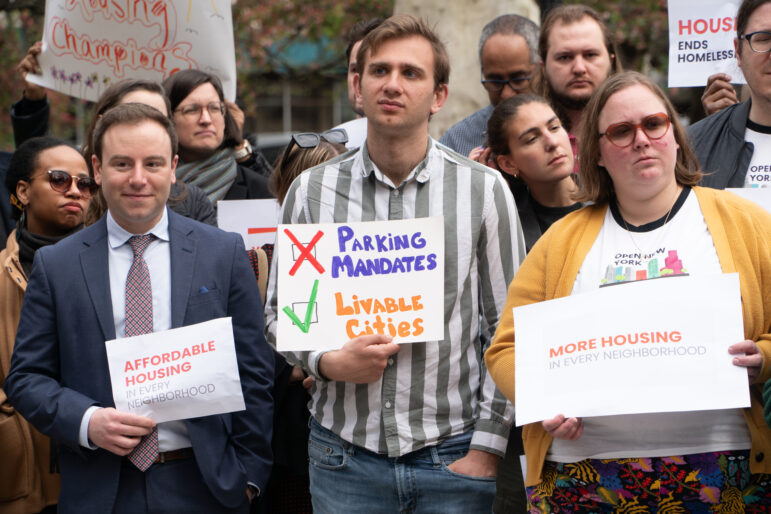
Tim Rodenberg
On any given day, approximately 800 women are housed at Rosie M. Singer Center (RMSC), the women’s facility at Rikers.
At a GOP debate several weeks ago, Ted Cruz accused Donald Trump of being a New York Value-toting phony and sparked a national conversation about New York values. At first I paid little attention to the “values” conversation gone viral, but as I sat in on a court conference the following morning, I found myself questioning this idea of a code by which the people of New York live.
The conference I attended that Friday involves two women who are suing the City of New York and a correction officer over repeated rape and sexual abuse they endured while in the city’s custody at Rikers Island. The legal complaint on behalf of these two women can be viewed publicly online. It alleges the sexual violence they were subjected to, which included rape on a weekly basis (sometimes up to four times per week), the use of sodomy as punishment, and intimidation tactics such as stalking and threatening one of the Jane Doe’s family members, denying Jane Doe food, and making safety threats against both women if they revealed to anyone what was being done to them.
The women involved are referred to as Jane Doe 1 and Jane Doe 2 because of the high-sensitivity of the case and the nature of the crimes that are alleged. One of the women is still at Rikers Island, and making their identities known to the public jeopardizes their safety in a very real way. On any given day, approximately 800 women are housed at Rosie M. Singer Center (RMSC), the women’s facility at Rikers. Many of them arrive with a history of trauma, which is with them throughout their stay and often exacerbated by the time they leave. Stays average around fifty-four days.
The culture of violence at Rikers is no secret to the public. In 2015, Rikers Island failed to pursue 98 percent of sexual abuse complaints, and out of the 116 complaints made, only two were further investigated by officials. The most recent DOJ survey reveals that RMSC’s rate of sexual victimization is double that of the national average. When officials compared the national data with the NYDOC’s data, the numbers suggested that sexual violence and coercion have been significantly underreported at Rikers. Any sexual relations between staff and detainees are considered criminal by the New York Penal Law. That criminalization recognizes the power dynamics and vulnerability that exist between correctional staff and those who are held at Rikers under the care of the City. Due to this vulnerability, the women in the Doe case have been permitted to proceed anonymously thus far.
On Friday, the counsel for the City of New York proposed a motion for their anonymity to be eliminated, which the judge agreed to hear. The judge suggested and the counsel argued that taking away the anonymity of the women would make the case less complicated and provide transparency to the public. The identities of the Jane Does are known to the city and the correction officer being sued. If these individuals were not granted anonymity in the first place, they may have never come forward with their experiences to spur a larger conversation about the pervasive culture of sexual violence and extortion.
While sexual violence is egregious on its own, the indifference in this case amplifies it. When the women initially reported the incidents they were told there was nothing that could be done. They were treated as adversaries to the city, and their tormentor and other staff who knew about the abuse went on to hold their jobs and maintain regular contact with incarcerated people.
Forcing the Jane Does to give up their anonymity would serve as another form of intimidation. Instead of benefiting the public by granting more transparency, it would do a grave disservice by conveying that the rights of some individuals can be overlooked, especially if they have already been victimized, are poor, of color, or have mental illness—all of which are common characteristics of women who are incarcerated. If the judge agrees to the city’s motion, and thereby forces these women to reveal their identities, it will signal to other victims to keep quiet.
New York values were on my mind as I left this conference. Instead of blaming the victims and forcing them to reveal their identities, the city needs to address the issues at hand. New York’s resources would be better used to implement policies that the Jane Does call for in the suit. These include common sense preventative measures such as changing the times of the rounds made each night, so that officers left alone with units of women will not know when they are being checked. Another policy ask includes fixing an abundance of broken security cameras, and installing new ones in spaces like custodial closets and abandoned classrooms, which are notorious throughout the jails and are used for their lack of surveillance. Mayor de Blasio must stand up for New York values by adopting policies to prevent future sexual abuse in jails.









One thought on “CityViews:
NYC Must Allow Rikers Inmates Alleging Sex Abuse to Remain Anonymous”
I endorse this perspective.